Britons were keen to punish Russia for invading Ukraine. A month into the war, more than half thought we hadn’t gone far enough. That was after the government had frozen the assets of Russia’s banks, banned the Russian airline Aeroflot from landing in Britain, and sanctioned Putin and his cabinet. Voters wanted more sanctions, even if it hurt the economy.
Now, though, it seems the public isn’t so sure. Only a quarter of Britons think we should give Ukraine more support, according to a YouGov poll this month. We’ve given it tanks. Should we now send jets? Democratic governments often find it hard to keep up support for war, especially when it entails sacrifices. But history shows that they can slow or stop the decline.
What academics like me call the ‘elite discourse’ is critical in determining public attitudes towards war. Simply put, ordinary people will typically follow what the powerful think. With the war in Ukraine, there has been unanimity in Parliament and the press. Boris Johnson put support for Ukraine at the heart of his foreign policy, and faced Keir Starmer in Parliament, whose Labour party has rediscovered its support for Atlanticism and Nato. In February 2022, when Johnson stressed that Russia had ‘attacked a friendly country without any provocation and without any credible excuse,’ Starmer condemned Putin’s ‘bandit rule’ and ‘welcomed the set of sanctions outlined by the prime minister.’
The most dangerous promise is that of a quick and painless victory
Elite consensus often depends on the reason the war started in the first place. However misguided appeasement was in 1938, Adolf Hitler’s aggression in 1939 ensured that Neville Chamberlain took a united country to war in 1939. Although politicians clashed over domestic policy during the next decade, they all agreed again, in June 1950, that Britain had to join the United Nations’s commitment to South Korea, after the Stalin-inspired North Korean invasion.
But this consensus shouldn’t be taken for granted. Putin’s propagandists are masters at complicating and confusing democratic debate. Before the invasion, they gained some traction in intellectual and political circles in Britain and America by saying that Nato’s post-Cold War enlargement had provoked the Kremlin. These reductionist arguments ignored that the West had pumped money into Russia during the 1990s to try to help it reform and democratise; they overlooked the views of eastern European states who clamoured to join the EU and Nato; and they discounted the fact it was Putin’s Russia that had decided to go to war against Ukraine. To maintain the current elite consensus, the British government will have to keep the public’s attention fixed on Putin’s initial act of aggression against a sovereign European state. It has to keep the argument simple.
The government also needs to make promises it can keep. Politicians like to be optimistic, hating to give the electorate bad news. In war, however, excessive optimism invariably backfires for the simple reason that wars are so unpredictable. Lord Blake, the great historian of British conservatism, likened politics in wartime to a strange territory ‘fraught with difficulty and peril’. The familiar disappears, and is replaced by ‘a new and unknown landscape full of false tracks for the imprudent and snares for the unwary.’
The most dangerous promise is that of a quick and painless victory. Neville Chamberlain, again, made this mistake when he claimed that Hitler had ‘missed the bus’ just weeks before the disastrous campaign in Norway in April 1940 – a campaign that he initially tried to claim was a major success. Small wonder that his replacement constantly tried to dampen expectations.
On assuming the premiership, Winston Churchill famously promised only ‘blood, toil, tears, and sweat.’ After a year of setbacks, Churchill gave the nation an update. ‘I have never promised anything or offered anything but blood, tears, toil and sweat,’ he told the House of Commons in May 1941, ‘to which I will now add our fair share of mistakes, shortcomings and disappointments.’ Churchill, of course, also held out the prospect of ‘sunlit uplands.’ Sacrifices are only palatable if they come with a possibility that the world after the war will be a better place.
The war in Ukraine will be long and hard. Neither Putin nor Zelensky have adopted war aims that can be easily compromised. If British leaders are tempted to channel Churchill, it should be to prepare the public for the probable stalemate to come – a stalemate that is likely to worsen Britain’s economy. At the same time, they need to emphasise that the values articulated during the Second World War are the ones at stake today: that self-determination and an opposition to forceful territorial changes remain crucial principles, to be fought for even if the cost is high. That’s how to sell a war.
Got something to add? Join the discussion and comment below.
Get 10 issues for just $10
Subscribe to The Spectator Australia today for the next 10 magazine issues, plus full online access, for just $10.

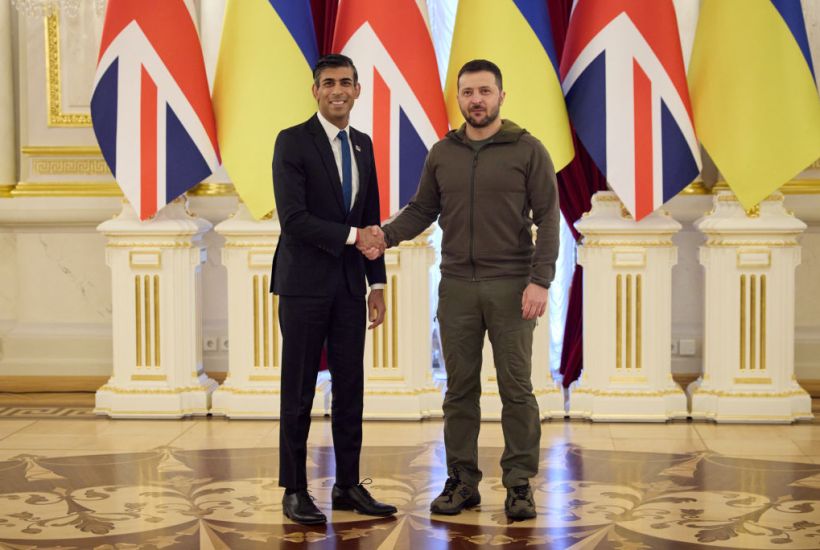
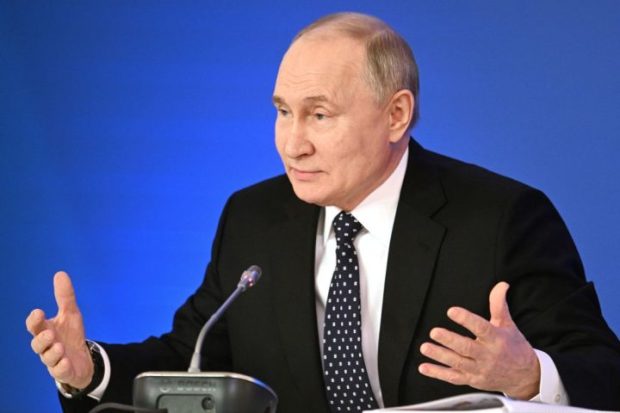

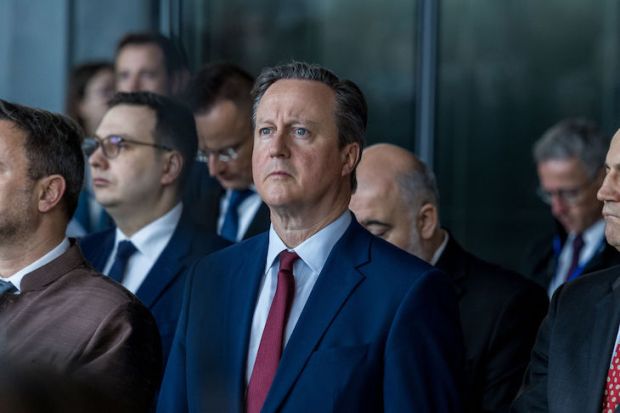
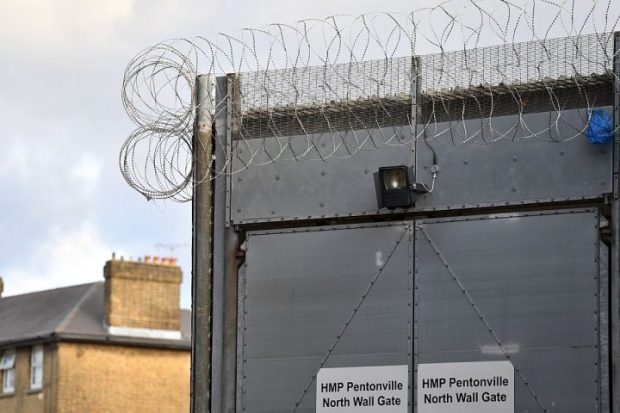
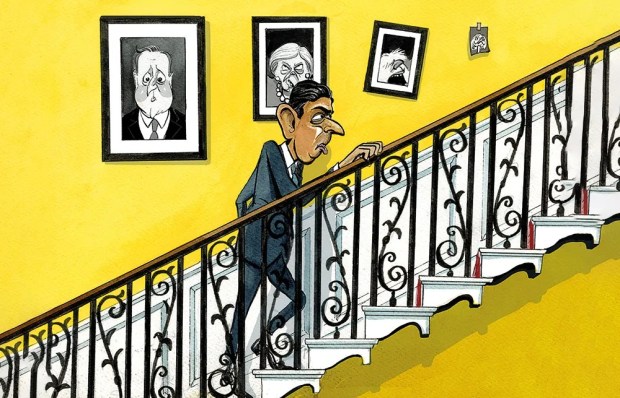
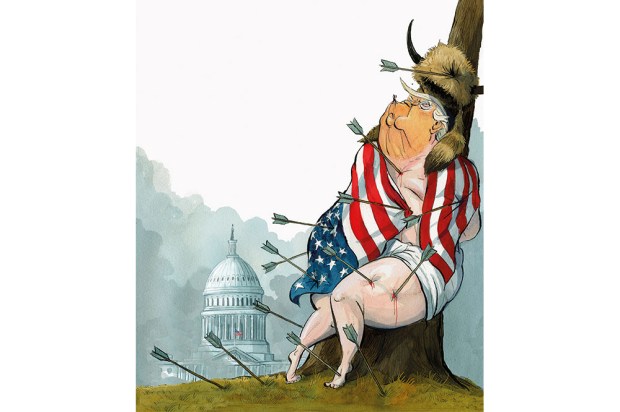












Comments
Don't miss out
Join the conversation with other Spectator Australia readers. Subscribe to leave a comment.
SUBSCRIBEAlready a subscriber? Log in